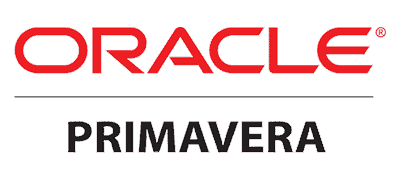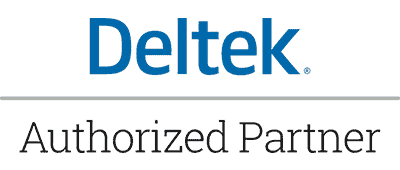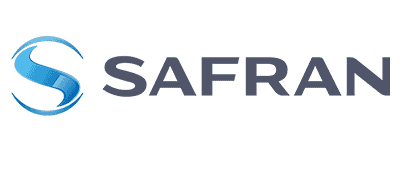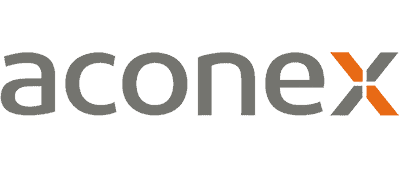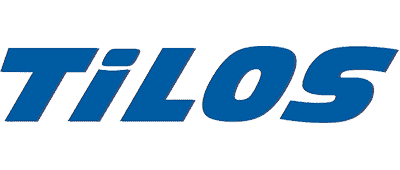Services | Software Solutions
Software Solutions
Best in Class Project Management Tools
SOFTWARE SOLUTIONS
Ingeniva acquired a reputation for delivering high-quality Oracle Primavera product expertise and solutions for many organisations, in the Engineering and Construction, Aerospace, Defence, Energy, Infrastructure, Nuclear, Oil and Gas, Transport and Utilities industries in Belgium and Europe.
The consultancy focus areas for which we are mainly recognised are…
- Oracle Primavera product implementations
- Integrating Oracle Primavera products with ERP and/or financial systems
- Development of project and programme performance KPI reporting
- Implementation of best of breed solution in the domain of project controls such as Tilos, Microsoft Project and Deltek Fuse
- Project Controls ‘health check’ audits/reviews
A typical Oracle Primavera product implementation lead by Ingeniva comprises…
- innovative solution design
- software installation, configuration and customisation
- integration and interface development
- deployment
STRUCTURED APPROACH
Oracle Primavera tools are not “plug ‘n’ play” software products, and successful deployments require in-depth product knowledge and competence. The expertise of our specialists has been assessed by Oracle, resulting in Ingeniva achieving Oracle Primavera P6 EPPM and Oracle Cloud Specialisations.
Our certified Oracle Primavera specialists have evolved a proven approach that draws from their experiences of deploying Oracle Primavera products in many organisations across a variety of industries.
Broadly, this comprises six steps which we tailor to suit your needs and minimise risk…
- Discovery. We gather and analyse information about implementation objectives and scope, success criteria, resources, constraints, processes, interfaces and change impact.
- Solution Design. We produce, and agree with you, a design specification covering software installation, product configuration and customisation, data structures, performance reporting, operational procedures and interfaces with other systems.
- Build. We complete software server installation and construct and test customised prototype solutions, often adopting an agile approach and comprising a series of ‘sprints’, that conform to the design specification, using your data.
- Pilot Trial. We conduct a user acceptance trial using a representative subset of your production data and mix of your users, and assess process fit.
- Deployment. We extend the pilot trial to encompass all users, including installing software on client PCs, comprehensive training, data migration and ‘go live’ support.
- Closure. We review the implementation programme with you to confirm that all objectives have been achieved, success criteria have been met and to identify further requirements
Evaluating different PPM tools
Ingeniva can help organizations evaluate different PPM tools based on their specific needs, requirements, and budget. They can provide insights into the strengths and weaknesses of each tool and recommend the best fit for the organization.
Understanding organizational needs
We work with organizations to understand their project portfolio management needs, including the types of projects, programs, and portfolios being managed, the level of reporting and analytics required, and the organizational culture.
Negotiating with vendors
We help organizations negotiate with vendors to get the best deal on the selected PPM tool. We can also help organizations with the procurement process, including the development of RFPs, the evaluation of vendor proposals, and contract negotiation.
Overall, Ingeniva can help your organizations to select the right PPM tool and ensure a successful implementation by providing expert guidance and support throughout the process.
Let’s get in touch
Contact us

Oracle Primavera P6
Oracle Primavera P6 is a project management software designed to assist project managers in planning, scheduling, and controlling large-scale, complex projects.
It provides a comprehensive set of project management and control tools that help project teams effectively manage and deliver projects on time and within budget.
Primavera P6 allows project managers to create and manage project schedules, including activities, resources, and costs. It provides a range of tools for creating WBS (Work Breakdown Structure), assigning resources, setting up dependencies, and tracking progress.
The software provides a range of views and reports that enable project managers to monitor project performance, identify potential issues, and make informed decisions. These include Gantt charts, resource histograms, cash flow diagrams, and earned value analysis reports.
Primavera P6 is also a collaborative tool, enabling project teams to share project data and communicate more effectively. It allows team members to collaborate in real-time and access project information from anywhere, at any time, using a web-based interface.
Overall, Primavera P6 is a powerful project management software that provides project managers with the tools they need to successfully plan, manage, and control large-scale, complex projects.
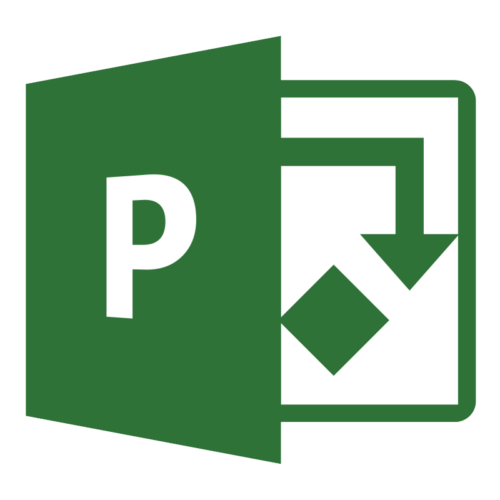
Microsoft Project
Microsoft Project is a project management software developed by Microsoft that provides project managers with a range of tools for planning, scheduling, and tracking projects.
The software includes features for creating and managing project plans, assigning tasks, allocating resources, and tracking progress.
Microsoft Project allows project managers to create project plans using Gantt charts or other scheduling tools. The software provides templates for various project types and industries, as well as the ability to customize plans to meet the unique needs of each project.
The software allows project managers to assign tasks to team members, allocate resources, and set up dependencies between tasks. It provides tools for monitoring project progress and identifying potential issues, including delays and budget overruns.
Microsoft Project also offers a range of reporting tools, including customizable dashboards and reports, that allow project managers to track project performance and communicate with stakeholders. The software integrates with other Microsoft tools, including Excel, PowerPoint, and SharePoint, making it easier for project teams to collaborate and share project information.
Microsoft Project is flexible and scalable software that can be used by project managers in a variety of industries and project types, from small-scale projects to large, complex projects. It is widely used by project managers around the world to plan, manage, and track projects more efficiently and effectively.

Aconex
Aconex is a cloud-based project management software designed for construction and engineering projects.
It provides a centralized platform that allows project teams to manage and collaborate on project information in real-time, including documents, drawings, correspondence, and workflows.
Aconex offers a wide range of tools for project management, including document management, workflow management, collaboration tools, and project controls. The software allows project teams to create, review, and approve project documents and drawings, track versions, and control access to sensitive information.
Aconex also provides a range of collaboration tools, including messaging, notifications, and dashboards that allow project teams to communicate and collaborate in real-time. The software enables team members to work together more efficiently, reducing the risk of errors and delays.
In addition, Aconex offers project controls tools, including project tracking, cost control, and risk management. It allows project managers to track project progress, identify potential issues, and take corrective actions as needed.
Aconex is scalable software that can be customized to meet the specific needs of different construction and engineering projects, from small-scale projects to large, complex projects. It is used by project teams around the world, including owners, contractors, and subcontractors, to manage and deliver successful projects.
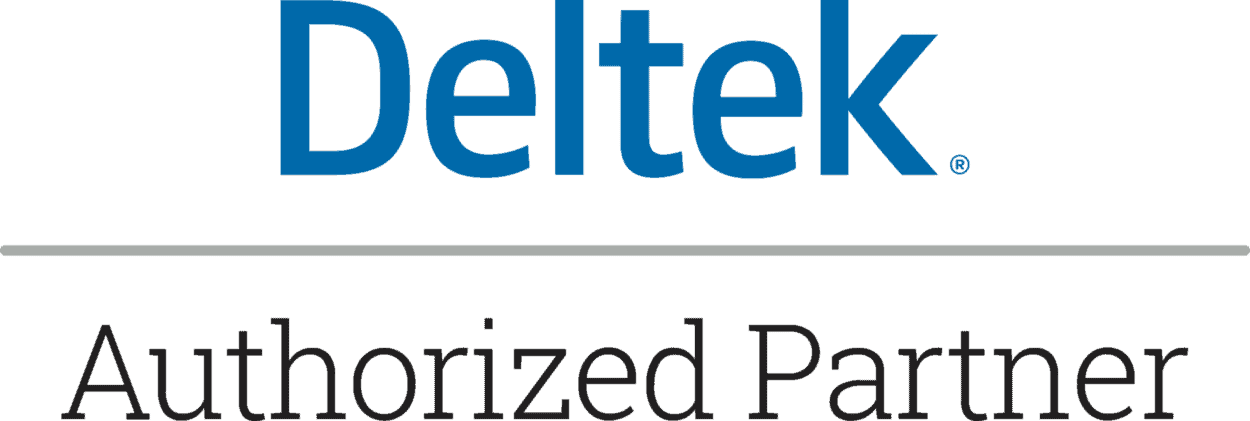
Deltek
Deltek focuses on project schedule diagnostics, metrics evaluation, and risk assessment to ensure project success. It adds an additional layer of analysis and insight to project schedules.
Key features of Deltek Acumen Fuse include:
Schedule Diagnostics: The software assesses project schedules for quality, identifying issues like logic gaps, missing links, and other critical scheduling errors.
Metrics Evaluation: Deltek Acumen Fuse provides a range of metrics that allow project managers to gauge schedule health, critical path analysis, and performance indicators.
Comparative Analysis: The software enables project managers to compare multiple project schedules, helping to identify differences and assess their impacts.
Risk Assessment: Deltek Acumen Fuse identifies potential risks and areas of concern within the schedule, aiding in proactive risk management and mitigation.
Scenario Simulation: Users can simulate various scenarios and “what-if” analyses to assess how changes might impact the project schedule and overall timeline.
Dashboard and Reports: Deltek Acumen Fuse generates visual dashboards and detailed reports, offering clear insights into schedule performance and potential issues.
Integrated Analysis: The software integrates schedule analysis with cost and resource data, providing a comprehensive view of project performance.
Collaborative Environment: The software fosters collaboration among project stakeholders by providing a platform to discuss schedule insights, make informed decisions, and align strategies.
In essence, Deltek Acumen Fuse plays a critical role in improving project schedule quality, identifying risks, and enhancing decision-making by providing project managers with a comprehensive set of tools for analysis and optimization.

Tilos
Tilos is a project planning and management software that uses time-space diagrams to visualize project schedules.
It provides a graphical representation of project activities, resources, and costs, and allows users to create, edit, and update project schedules in real-time.
In TILOS, time-space diagrams are used to represent the project schedule in a visual, intuitive manner. Tasks are represented as horizontal bars along a timeline, and the length of each bar represents the duration of the task. Dependencies between tasks are represented as arrows that connect the bars and indicate the order in which tasks must be completed.
TILOS also provides additional features and tools such as:
Resource management: TILOS allows users to allocate resources to tasks and to track resource usage over time.
Cost management: TILOS provides tools to manage project costs, including cost tracking and budgeting.
Risk management: TILOS supports risk management by allowing users to identify potential risks to the project and to develop risk management plans.
Reporting and analysis: TILOS provides a range of reporting and analysis tools to help users understand project progress and performance, including project status reports and earned value analysis.
Overall, TILOS is a powerful project planning and management tool that uses time-space diagrams to help users visualize and manage project schedules, resources, and costs.

Safran
Safran Risk is designed to help organizations across various industries identify, assess, mitigate, and manage risks effectively.
Key features of Safran Risk include:
Risk Identification: The software assists in identifying both internal and external risks that could impact an organization’s objectives, projects, or operations.
Quantitative Analysis: Safran Risk employs quantitative methods to evaluate risks, allowing users to assign numerical values to probabilities and potential consequences, enabling more accurate risk assessment.
Scenario Modeling: Users can create different risk scenarios to visualize how various factors might affect outcomes, aiding in decision-making and contingency planning.
Cost Impact Analysis: The software helps assess the financial implications of potential risks, enabling organizations to allocate resources efficiently and prepare for potential losses.
Risk Mitigation Strategies: Safran Risk suggests strategies to mitigate identified risks, providing insights into how best to reduce the likelihood and impact of adverse events.
Project Management Integration: The software integrates with project management tools, allowing users to incorporate risk management seamlessly into project planning and execution.
Reporting and Dashboards: Safran Risk generates comprehensive reports and visual dashboards that offer insights into risk profiles, trends, and mitigation progress.
Regulatory Compliance: The software helps organizations align with industry regulations and standards by identifying risks that could lead to non-compliance.
Collaboration: Safran Risk facilitates collaboration among stakeholders by providing a centralized platform for sharing risk information, strategies, and mitigation plans.
Continuous Improvement: Through iterative risk assessment and monitoring, the software supports organizations in refining their risk management strategies over time.
In essence, Safran Risk empowers businesses to proactively navigate uncertainties and challenges by offering a robust toolkit for identifying, assessing, and managing risks.

